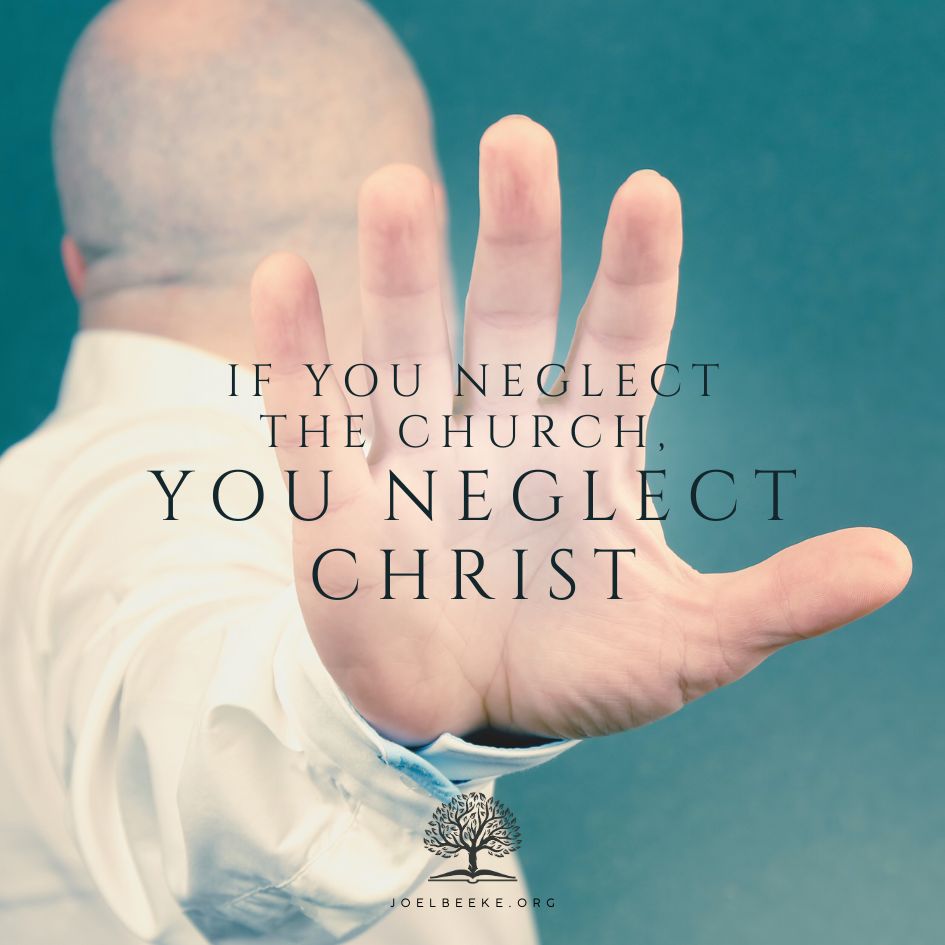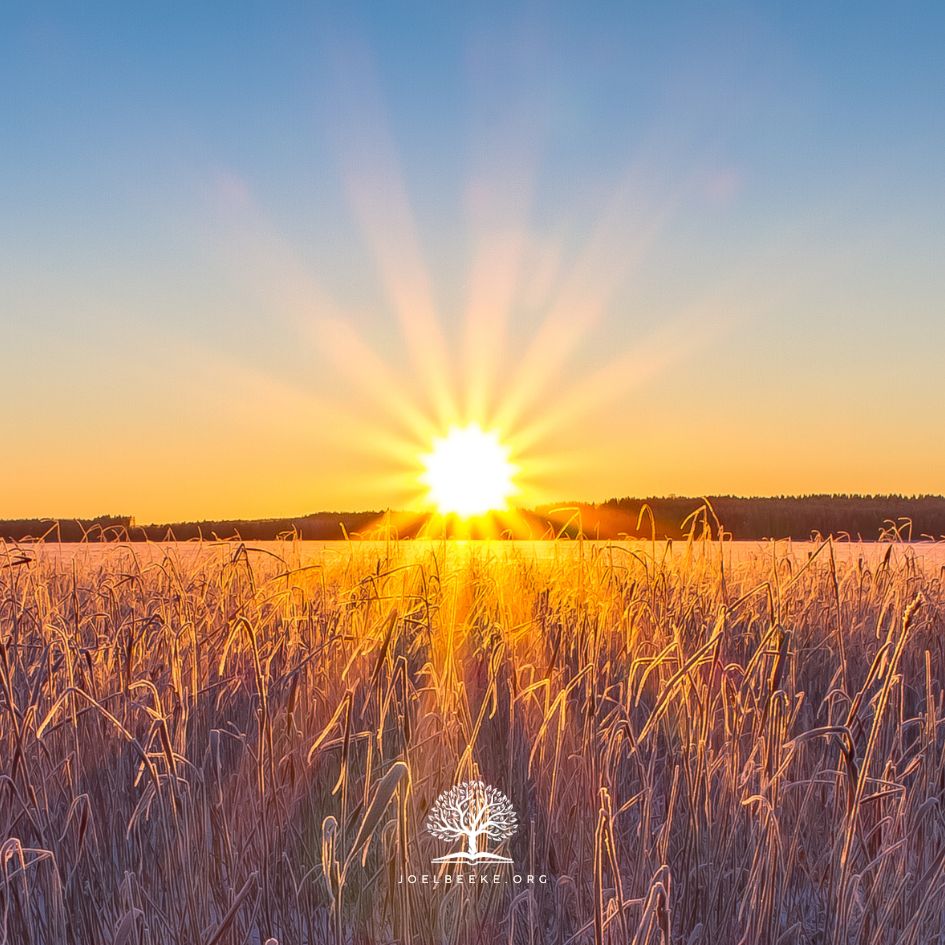
I ask you in love, and I ask myself, What does our Sabbath-keeping look like? Do you look forward to it? Do you awake on Sunday morning with the first thought in your mind, “What joy, because it is the Sabbath today. I get to go up to God’s house. We get to worship Him”? My friend, do you call the Sabbath a delight, or do you merely go through the rituals expected of you? Is it only an outward shell of habit? If you find no delight in giving a whole day to seeking and serving God, then you need to seriously consider if you are even saved. The mark of a true believer is to hunger and thirst for God’s presence (Ps. 63:1, 2).
There are people who call the Sabbath a delight. They rejoice to set aside their own wills and to worship God on His holy day as their earthly concerns fall away and God becomes their focus. They are the people who have learned that true rest is found only in Jesus Christ, who said, “Come unto me, all ye that labour and are heavy laden, and I will give you rest” (Matt. 11:28). You cannot keep the Sabbath without trusting in the Lord of the Sabbath to save you from your sins.
The Sabbath is a picture of the wonderful grace of God. God Himself painted this picture, saying in effect, “Israel, you work hard for six days. But then I give you a day of worship, and instead of requiring you to climb up to Me to get salvation on this day of worship, I come down to you by dwelling in My holy of holies, dwelling in My tabernacle. In My word, I come to speak to you and to save your soul. This is not a day for you to work, for your works do not bring you close to me. This is a day for you to rest, while my priests work for you through their sacrifices and prayers.” Do you see? The Sabbath taught Israel to rest in the work of Jesus Christ, the coming Priest and Sacrifice, as their only way to draw near to God. So now when God says to us, “Remember the sabbath day,” He is saying, “Remember that I am a gracious God who will save you through faith in the blood of My Son.”
Just as the old covenant Sabbath was a memorial of Israel’s redemption from slavery in Egypt (Deut. 5:15), so the new covenant Sabbath is a memorial of our redemption from slavery to sin and misery. The old covenant ceremonial law expanded the Sabbath principle to include Sabbath years, one year in every seven, and then after seven Sabbath years, the year of Jubilee, the great Sabbath of Sabbaths in the ceremonial law. The Jubilee was the “acceptable year of the Lord” (Isa. 60:2), a year of liberation and restoration. Indentured Hebrew servants were set free and alienated family property was restored to its rightful owners (Lev. 25:8–16, 28–33, 39–41, 54). Jesus is our Jubilee!
What then should we do on the Lord’s Day when we are not in public worship? If we are to rest from much of our ordinary activity, how can we be active in seeking the Lord? Bownd gives us eight excellent directions for keeping the whole day as a spiritual Jubilee.
We should engage in:
- Self-examination to confess our sins and give thanks for our graces.1Bownd, True Doctrine of the Sabbath, 379.
- Prayer for ourselves, others, and especially the Spirit’s empowerment of the ministry of God’s Word, that the Holy Spirit would illuminate our minds with the truth, and furthermore that our affections would be shaped by our knowledge, recognizing that our affections—the strong motives of our hearts—have more direct influence on what we do than our understanding has.2Bownd, True Doctrine of the Sabbath, 379–81.
- Private reading of the Scriptures, both reading widely in the Scriptures and reading specific texts and passages on which the sermons of the day are based.3Bownd, True Doctrine of the Sabbath, 382–83.
- Meditation on God’s truth, “which is the very life and strength” of reading the Bible, so that “by God’s Holy Spirit, using earnest and diligent meditation in the Scripture, we shall most easily perceive how to apply that to our own practice, which hath been publicly taught.”4Bownd, True Doctrine of the Sabbath, 383–91. Use meditation to feed prayer. George Swinnock wrote, “Meditation is the best beginning of prayer, and prayer is the best conclusion of meditation.”5George Swinnock, The Christian Man’s Calling, in The Works of George Swinnock (1868; repr., Edinburgh: Banner of Truth, 1992), 1:112.
- Holy conversation with others about what we have read in the Word or heard in the preaching of the Word, which is a duty in the Christian family (Deut. 6:6; 11:19).6Bownd, True Doctrine of the Sabbath, 391–403. You might ask a friend, “What have you read in the Word that has been of special help or benefit to you?”
- Meditation and conversation on God’s works in creation and providence, as commended to us in Psalm 92, “A Psalm or Song for the Sabbath day.”7Bownd, True Doctrine of the Sabbath, 403–17. How can you “show forth” God’s lovingkindness and faithfulness? What works of God make you glad? What do you learn from His judgments in the earth? Give thanks to God and sing praises to His name.
- Singing the Psalms, many of which are well suited to be sung privately at home, enabling Christians to rejoice in the Lord, and to serve Him with gladness (Ps. 100:2). Singing God’s praises, Bownd points out, is especially appropriate for the Sabbath because it is “the time of joy” more than any other day, and “therefore as the Lord then offereth himself wholly unto us, and his Son Christ Jesus to be made ours, with all his merits in the Word, the sacraments, and prayer, thereby doth fill our hearts with the joy of the Holy Ghost, even that joy that is unspeakable and most glorious [1 Peter 1:8]; so then especially we ought to sing for joy of the Lord.”8Bownd, True Doctrine of the Sabbath, 418–33. The Lord’s Day is to be a day not just to fill our minds but also to fire our hearts. Bownd wrote, “For even as all knowledge is increased especially by hearing, reading, and conferring about the Scripture; so all affections are most of all stirred up by meditation, prayer, and singing of Psalms.”9Bownd, True Doctrine of the Sabbath, 423.
- Serving people in mercy and love, especially the poor, the sick, the widows, the fatherless, and the foreigner, which includes making peace with those with whom we have a quarrel and speaking the gospel of peace to sinners.10Bownd, True Doctrine of the Sabbath, 433–48.
The Sabbath then is a day for seeking God in His Word and works. John Calvin said, “We have one definite day of the week which is to be completely spent in hearing God’s word, in prayers and petitions, and in meditating upon his works so that we may rejoice in him.”11Calvin, Sermons on Genesis, Chapters 1–11, 130. And again, the key to delighting in the Sabbath is doing it all out of love for God. Watson wrote, “On the Sabbath the soul fixes its love on God; and where love is, there is delight.”12Watson, The Ten Commandments, 118.
We see that the Sabbath is not a time for idleness and boredom, but time to lay aside our earthly vocations so that we can devote ourselves to spiritual life and work. It is a time to feed and exercise your soul. Watson said, “The Sabbath is the market-day of the soul.”13Watson, The Ten Commandments, 97. Similarly, Henry Scudder said, “For this is God’s great [market], or fair-day for the soul, on which you may buy of Christ, wine, milk, bread, marrow, and fatness (Isa. 55:1–4), gold, white raiment, eye-salve (Rev. 3:18), even all things which are necessary, and which will satisfy, and cause the soul to live.”14Scudder, The Christian’s Daily Walk, 93. The text reads “mart” for “market.” This day of rest is your opportunity to stock up for the coming week! Use it well.
An excerpt from
Delighting in God: A Guide to Sabbath-keeping
By Joel Beeke and Paul Smalley
PURITAN REFORMED JOURNAL
Volume 11, Number 1 • January 2019







